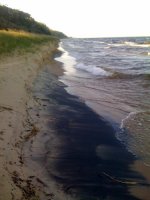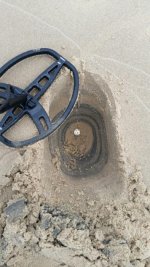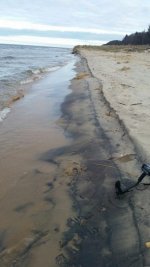In this Sport, to be running optimal, Ya just gotta get the 'feel' for it..That takes infield practice and paying attention...its tribal knowledge thats best learned in field...Every site is different and changes constantly due to a multiple of variables...In a lot of ways, setting up or adjusting a detector is akin to how a construction guy sets the PSI on an air compressor.
You run it too hot and you are countersinking too deep, not enough and you are not getting it right either...Taking into all sorts of miniscule considerations along the way, making adjustments, or compensating in some form to get by and work it optimally...
So yeah, think Air compressor...got all sorts of power to spare if thats whats needed, but getting the settings right for the job site might require backing off to half power sometimes...Just thought I'd throw this out there, dont know if it helps or makes any sense...so its hard to tell a guy the absolute correct settings on any given day at any given area...
We start in basic familiar ones, and adjust from there according to the sub strata we encounter..run full power from the gitgo and risk blowing that nail right through the shingle and down through the 7/16 soft wood OSB to rattle around in the attic!..

Most people make the mistake of running powerful gear too hot, or showing up with a weak, undersized and underpowered compressor and wondering what they can do about it...
Mud


 Most people make the mistake of running powerful gear too hot, or showing up with a weak, undersized and underpowered compressor and wondering what they can do about it...
Most people make the mistake of running powerful gear too hot, or showing up with a weak, undersized and underpowered compressor and wondering what they can do about it...





